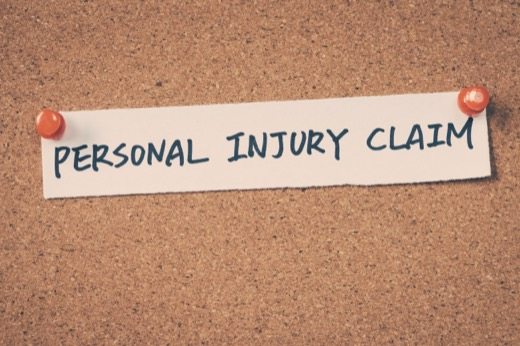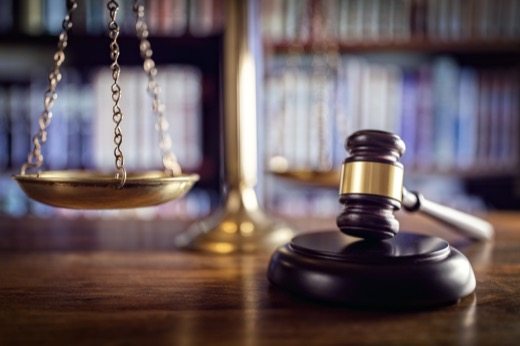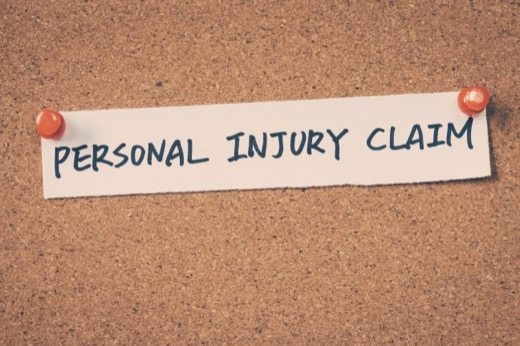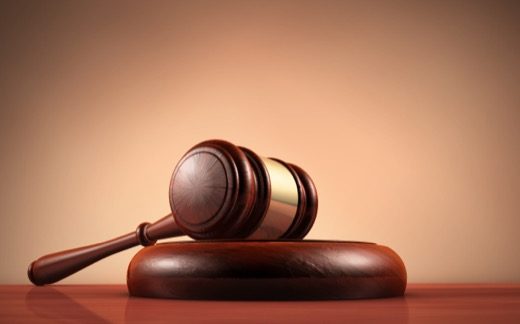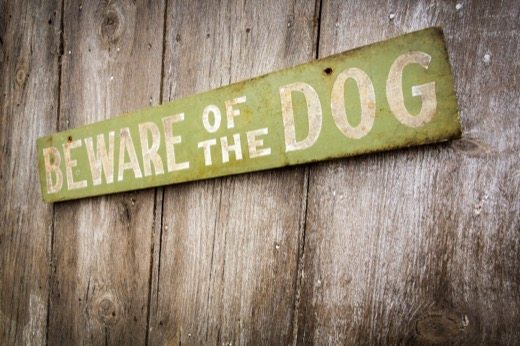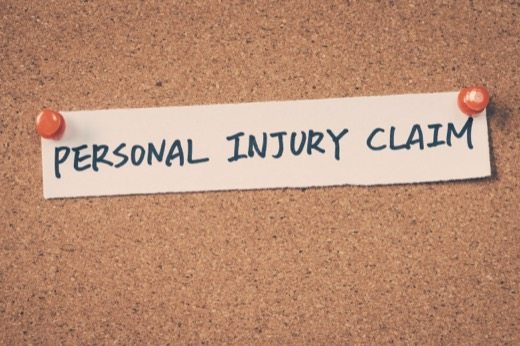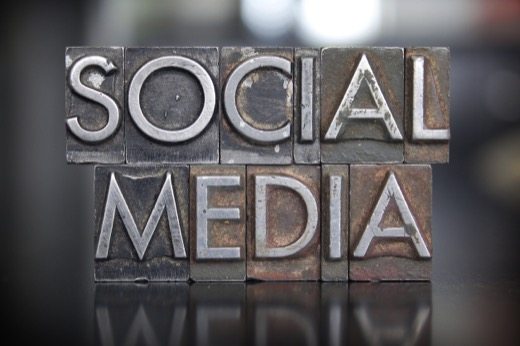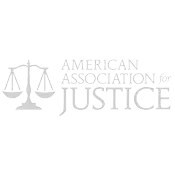Different Types of Personal Injury Cases
There are many different types of personal injury cases. Personal injury claims stem from either negligence or intentional acts. A qualified, experienced attorney can help guide you through the legal process and help assure you the best outcome for your case. If you have been injured through the negligence of another, you may be able to pursue one of the following types of personal injury cases:
Medical Malpractice
There are a number of issues to consider in a medical malpractice case. It is not enough simply that a mistake was made. Instead, a series of conditions must be met. First, there must be a doctor-patient relationship. Second, the treatment provided fell below the accepted medical standard of care. Third, the medical professional’s negligence caused the harm to the patient. And fourth, the patient suffered harm as a result of the negligence by the medical professional.
Vehicle Accidents
Vehicle accidents are a common source of personal injury cases. Both drivers and passengers may have a claim against an insurer if they have been injured in a car accident. Similarly, pedestrians are frequently entitled to compensation, with limited exceptions, if they are injured by a motor vehicle. Claims aren’t just limited to cars. Motorcyclists, and even bicyclists can both be injured in, and responsible for, vehicle accidents.
Workplace Accidents
Workplace accidents are not treated like other personal injury cases. Instead, they are covered by workers’ compensation and the rules of that system. Both injuries and death incurred on the job are compensable under workers’ compensation claims.
Defamation, Slander, and Libel
Defamation is a broad category that covers both libel and slander. It occurs when someone communicates something that is harmful to a person’s reputation or livelihood. Slander occurs when that defamation is spoken verbally. Libel occurs when that defamation is written or published. It is important to understand that defamation is a false statement of fact, not opinion.
It is also important to distinguish between public figures and private figures. In brief, private figures claiming defamation need only prove that the defamer acted negligently, while public figures claiming defamation must prove the defamer acted intentionally or recklessly.
Wrongful Death
If a person dies and it is the fault of another person or business entity, survivors may have a claim for wrongful death. Wrongful death claims compensate for any survivors’ loss. This can include lost wages, funeral expenses and lost companionship.
Wrongful death claims can involve a wide variety of fatal incidents from a car accident to complicated medical malpractice cases. People, businesses, and government agencies can all be found legally at fault for acting negligently or intentionally.
Harmful Drugs
When drug manufacturers market harmful drugs, they can be subject to government fines and lawsuits by consumers injured by those drugs.
Lawsuits against drug manufacturers frequently arise when those companies market drugs for unapproved uses.
Product Liability
Dangerous and defective product cause thousands of injuries a year in this country. Product liability law hold manufacturers and others responsible for dangerous or defective products and is different from other personal injury law. These laws may make recovery of damages easier for an injured person.
In general, all sellers in the distribution line of the defective product can be found liable for the consumer using the defective product. The distribution line may include the manufacturer of the product, the manufacturer of the products parts, the group that assembles the product, the products wholesaler, and the product’s retailer.
The law requires products meet the ordinary expectations of a consumer. When this expectation is not met and the consumer has an injury as a result, a product liability claim may be appropriate. The injured party need not be the purchaser of the product to make a product liability claim.
Dog Bites
According to a report by the Centers for Disease Control and Prevention (CDC), 4.5 million dog bites occur annually in the United States. Further, approximately one in five of those bites will become infected
Children and men are most at risk of being bitten by a dog. Over half of all dog bites occur in the home by dogs that are familiar to the victim of the bite.
Should you be injured by a dog bite, document as much about the bite as possible, including all medical treatment. This will assist your attorney in a future lawsuit and ensure that you receive a full financial recovery.
Slip and Fall
Business owners and employers have a responsibility to provide a safe premises to the public. Slip and fall accidents can occur in the workplace or in a public space, including businesses. Common causes of slip and fall accidents include slippery floors, improperly maintained sidewalks, construction site hazards and broken stairwells. Slip and falls can result in a wide variety of injuries from minor to fatalities.
If you are injured in a slip and fall accident, seek whatever medical attention you need immediately. Medical reports will help your case by keeping a record of your injuries.
If you are able, use your phone to take pictures of the scene of your injury. If you are unable, ask a friend to take the pictures or return to the scene later to take photos.
Assault and Battery
While most personal injury claims are the result of negligence, assault and battery claims are the result of an intentional act. Assault and battery cases often involve criminal charges, but a civil lawsuit can also be brought.
Assault occurs when the defendant’s action cause a person to reasonably believe they are in imminent danger of harm. A battery occurs when one person actually strikes another, directly or indirectly, causing harm or injury.
Assaults and battery frequently arise from the same event, but that is not necessarily always the case. It is possible, for example, for there to be an assault without a battery. Similarly, particularly if attacked from behind, a battery can occur without an assault.
Contact Madalon Law
Whether you have been injured due to medical malpractice, a vehicle accident, a faulty product, a dog bite, harmful drugs, or slipped and fell, you may be entitled to compensation for your injuries. Similarly, if you have lost a loved one due to one of these categories of injury, you may be entitled to compensation. Contact the hard-working Florida personal injury attorneys at Madalon Law for a free consultation. There is no fee unless we recover on your behalf.
